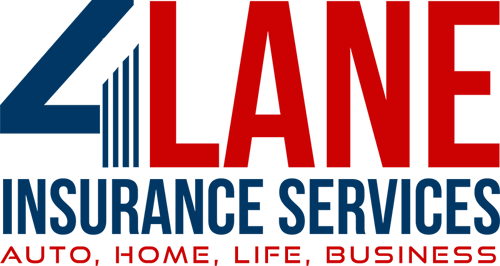Homeownership comes with its fair share of challenges, and one of the most pressing concerns is property line disputes and unexpected damages. Whether it's a tree falling during a storm, a fire spreading from a neighbor's property, or flooding from improper drainage, the stress of these events can be overwhelming. Understanding your insurance responsibilities in these cases is crucial to ensuring financial protection and peace of mind. In this blog, we'll address common questions about homeowners insurance and property boundaries.
Handling Tree Damage
When a tree from a neighbor's property falls onto your home due to a storm, it's generally your own home insurance policy that covers the damages. However, if the fallen tree was dead or in poor condition and the neighbor was aware of the risk, then their insurance might be liable. These nuances emphasize the importance of regular communication and maintenance between neighbors to prevent such disputes.
Fire Damage from Neighbors
Fire damage can be devastating, and if it spreads from a neighboring property, it’s typically covered by your homeowner's insurance. However, in instances where the fire was caused due to negligence, like an unattended candle or faulty wiring, your insurer may attempt to seek reimbursement from the neighbor's insurance policy. This process is known as subrogation and is crucial when negligence can be clearly proven.
Flooding: A Complex Issue
Water damage due to flooding poses a unique set of challenges. Proving negligence as a result of poor drainage or landscaping is difficult. Generally, homeowner's insurance does not cover flooding. For such scenarios, it is recommended to have a separate flood insurance policy to ensure comprehensive coverage.
Shared Fence Repairs
If a shared fence between properties is damaged during a storm, both parties typically share the repair costs. However, if one homeowner's actions directly caused the damage, that party may be expected to bear the entire cost. Understanding these responsibilities can help maintain good neighborly relations and avoid conflicts over repair costs.
Navigating the Claims Process
When damage is caused by a neighbor's actions, insurers handle these claims through a process called subrogation, where they may pursue the responsible party's insurance for reimbursement. In the absence of proven negligence, your own policy will generally cover the damages without involving your neighbor's insurance.
Being informed about these aspects of property line and insurance coverage is essential. Regularly reviewing your policy, understanding its limits, and considering additional coverage like flood insurance can provide greater peace of mind. For any uncertainties, consulting an insurance professional can be invaluable in clarifying coverage details and ensuring that you are adequately protected.

